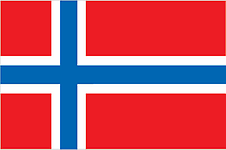Bouvet Island#
This uninhabited, volcanic, Antarctic island is almost entirely covered by glaciers making it difficult to approach; it is recognized as the most remote island on Earth. Bouvet Island was discovered in 1739 by a French naval officer after whom it is named. No claim was made until 1825, when the British flag was raised. In 1928, the UK waived its claim in favor of Norway, which had occupied the island the previous year. In 1971, Norway designated Bouvet Island and the adjacent territorial waters a nature reserve. Since 1977, Norway has run an automated meteorological station and studied foraging strategies and distribution of fur seals and penguins on the island.
